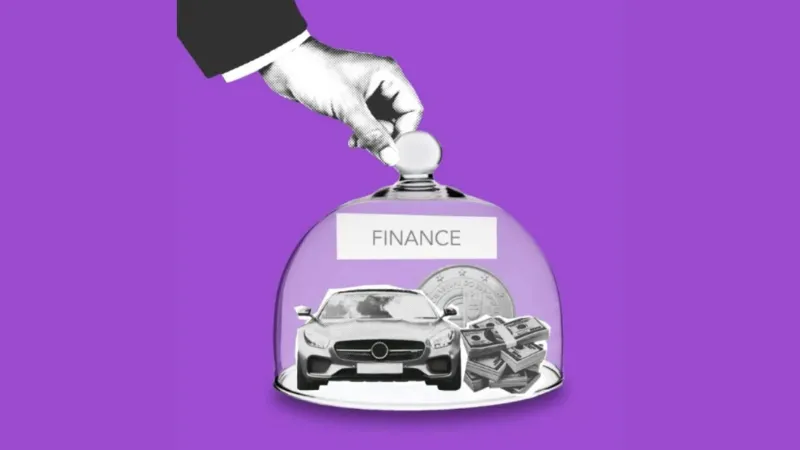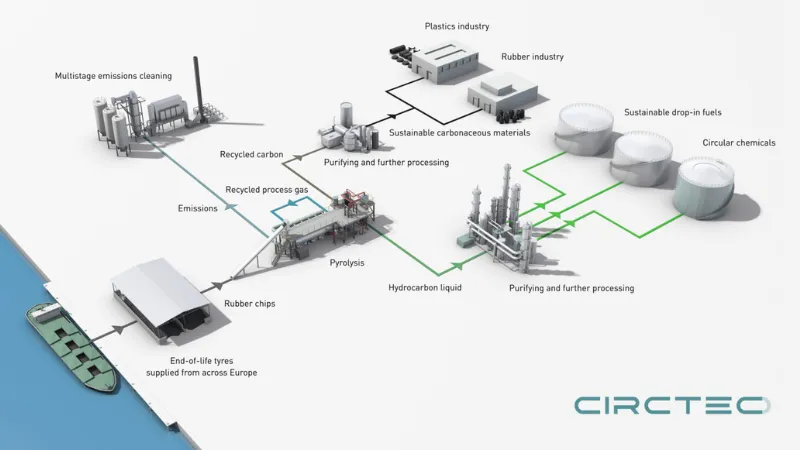
Secrets to a Favourable Car Loan for Entrepreneurs: How to Avoid Unnecessary Costs and Find the Best Terms
Getting a car loan when you run your own business is a pain in the ass. Banks see your fluctuating income and immediately think “risky borrower” even when you’re pulling in six figures. Meanwhile, your buddy with his corporate job gets approved in 20 minutes with a rate that makes you want to cry.
I’ve seen too many entrepreneurs get burned by accepting the first car finance quote they receive, especially when shopping for used deals. Whether you’re working with Car Plus or any other lender, the problem isn’t your creditworthiness – it’s that traditional lenders don’t get entrepreneurial finances. They want neat little W-2s and consistent paystubs. What they don’t understand is that your $3K month might be followed by a $15K month, or that you deliberately keep profits low for tax reasons.
Here’s what I’ve learned after helping dozens of business owners navigate this mess: you need to play a completely different game than regular employees.
RECOMMENDED FOR YOU

[Funding alert] Germany-based UltiHash Secures $2.5M in Pre-Seed Funding
Team SR
Dec 21, 2023

Gazelle Wind Power funding news – Dublin-based Gazelle Wind Power has Raised €11.4Million in Funding
Kailee Rainse
Nov 14, 2024
Building Your Entrepreneurial Credit Foundation
The Power of Personal Credit
Your personal credit score is still king, especially when your business is newer. Even if you’ve got a thriving company, lenders will dig into your personal FICO score first. It’s annoying, but that’s reality.
Before you even think about applying anywhere, pull your credit report. Not the free score from Credit Karma - get the actual report from annualcreditreport.com. Look for errors, because they’re everywhere. I found a $500 medical bill on mine from 2018 that I’d already paid.
Keep your credit cards under 30% utilization, pay everything on time, and stop opening new accounts unless absolutely necessary. Every point on your score matters when you’re self-employed.
Establishing Business Credit
Business credit is separate from your personal credit, and it takes time to build. Start with getting your EIN if you don’t have one already. Then get a D-U-N-S number from Dun &Bradstreet – it’s free, despite what some sketchy websites claim.
Open business bank accounts and get a business credit card. Use it for actual business expenses and pay it off monthly. Set up accounts with vendors who report to business credit bureaus. Staples, Home Depot, and most office supply companies will give you net-30 terms that help build your business credit.
The key is patience. Business credit doesn’t happen overnight, but once you have it, you can eventually get loans without personal guarantees.
Navigating the Loan Landscape: Where to Find the Best Offers
Traditional Lenders vs. Alternative Solutions
Big banks are hit or miss for entrepreneurs. Wells Fargo might approve you if your credit is pristine and you can document steady income. But if your income varies or you write off a lot of business expenses, they’ll probably pass.
Credit unions are often better options. They’re smaller, more flexible, and actually look at your whole financial picture instead of just feeding numbers into an algorithm. Plus, their rates are usually competitive.
Online lenders like LightStream or Capital One have gotten better at understanding non-traditional income. They use different underwriting models that consider cash flow patterns, not just tax returns. Some specialty lenders focus specifically on self-employed borrowers, though their rates might be higher.
Don’t ignore dealer financing either - sometimes manufacturers offer promotional rates that beat banks, especially if you’re buying new.
The Art of Pre-Approval
This is crucial. Never, ever walk into a dealership without pre-approval. Dealers make money on financing markups, so they’ll try to convince you their rate is the best you can get. Having pre-approval means you know exactly what rate you actually qualify for.
Apply to 3-4 lenders within a 14-day window - credit bureaus count multiple auto loan inquiries as one if they’re close together. This gives you real negotiating power and protects you from dealer finance games.
Demystifying Interest Rates: Understanding the True Cost
Factors Influencing Your Rate
Your credit score is the biggest factor, but it’s not the only one. Loan term matters - shorter terms get better rates but higher payments. The car’s age affects rates too - older cars typically mean higher rates because they’re harder to sell if repossessed.
For entrepreneurs, income documentation is the biggest hurdle. Bank statements showing consistent deposits help, even if the amounts vary. Tax returns are important, but they might not show your true earning power if you’re aggressive with deductions.
Down payment size also impacts your rate. The more you put down, the less risk for the lender, and lower risk usually means better rates.
Fixed vs. Variable Rates
Almost all auto loans are fixed rate, so this isn’t usually a choice you’ll need to make. Fixed rates mean your payment stays the same every month, which is helpful when your income fluctuates.
If you do encounter variable rate options, be careful. Your payment could increase if rates go up, and that’s the last thing you need when business is slow.
Spotting the Sneaky Stuff: Hidden Fees and Red Flags
Common Hidden Fees to Watch Out For
Documentation fees are everywhere, usually $300-800. Some states cap these fees, others don’t. They’re often negotiable, especially if you’re pre-approved elsewhere.
Extended warranties are usually garbage. The dealer makes huge profits on these, and most cars are reliable enough that you won’t need them. If you want extended coverage, buy it from the manufacturer or a third party later.
Watch for “add-ons” like paint protection, fabric protection, or window etching. These are high-profit items that add little value. Just say no.
Prepayment penalties are rare on auto loans but still exist. Avoid any loan that charges you for paying early - you want the flexibility to pay off debt when business is good.
Decoding the Fine Print: What to Look For in the Contract
Read everything before signing. I know it’s boring, but loan contracts have gotten more complex over the years.
Look for the APR, not just the interest rate. APR includes fees and gives you the true cost of borrowing. Make sure there are no prepayment penalties. Check the late payment fee amount and grace period.
If anything seems unclear, ask questions. Don’t let them rush you through the paperwork. You’re making a major financial commitment - take the time to understand what you’re signing.
Negotiation Tactics for Entrepreneurs
Leveraging Your Financial Preparedness
Come prepared with documentation. Bring bank statements showing consistent deposits, profit and loss statements, and tax returns. Even if your income varies, showing that you’ve been in business for several years and have steady cash flow helps.
Multiple pre-approval letters give you serious negotiating power. If the dealer offers you 8% and you have a 6% pre-approval, you’ve got leverage. Don’t be afraid to walk away if they can’t match or beat your best offer.
The Power of a Down Payment
Bigger down payments get better rates, period. If you can put down 20% or more, you’ll qualify for the best rates available. This also reduces your monthly payment and total interest paid.
Cash talks. If you can pay 50% down or more, some dealers will negotiate on the car’s price because they know the financing is solid.
The Application Process: What Lenders Really Look For
Essential Documents for Entrepreneurs
Get organized before you apply. You’ll need two years of tax returns (personal and business), three months of bank statements for all accounts, and current profit and loss statements.
If your business is newer, bring a business plan showing projected income. Client contracts or letters of intent can help demonstrate future income stability.
Keep personal and business documentation separate but be ready to provide both. Some lenders will want to see everything to get the full picture of your finances.
Crafting Your Story: Explaining Unique Financial Situations
If your income dropped last year because you reinvested in equipment or hired staff, explain that. Lenders want to understand the “why” behind your numbers.
Seasonal businesses need to show their patterns clearly. If you make 70% of your income between November and February, provide several years of data showing this consistency.
Don’t hide income fluctuations - explain them. A well-documented explanation is much better than hoping the lender won’t notice.
The bottom line is this: car financing for entrepreneurs requires more preparation and patience than traditional employment, but good rates are absolutely achievable. Do your homework, shop around, and don’t accept the first offer you get. Your business success proves you can manage money - make sure your lender understands that too.
Recommended Stories for You

Phlox Therapeutics funding news – Naarden-based Phlox Therapeutics has Secured €1.9Million in Funding
Kailee Rainse Nov 14, 2024


 Follow us
Follow us Follow us
Follow us












